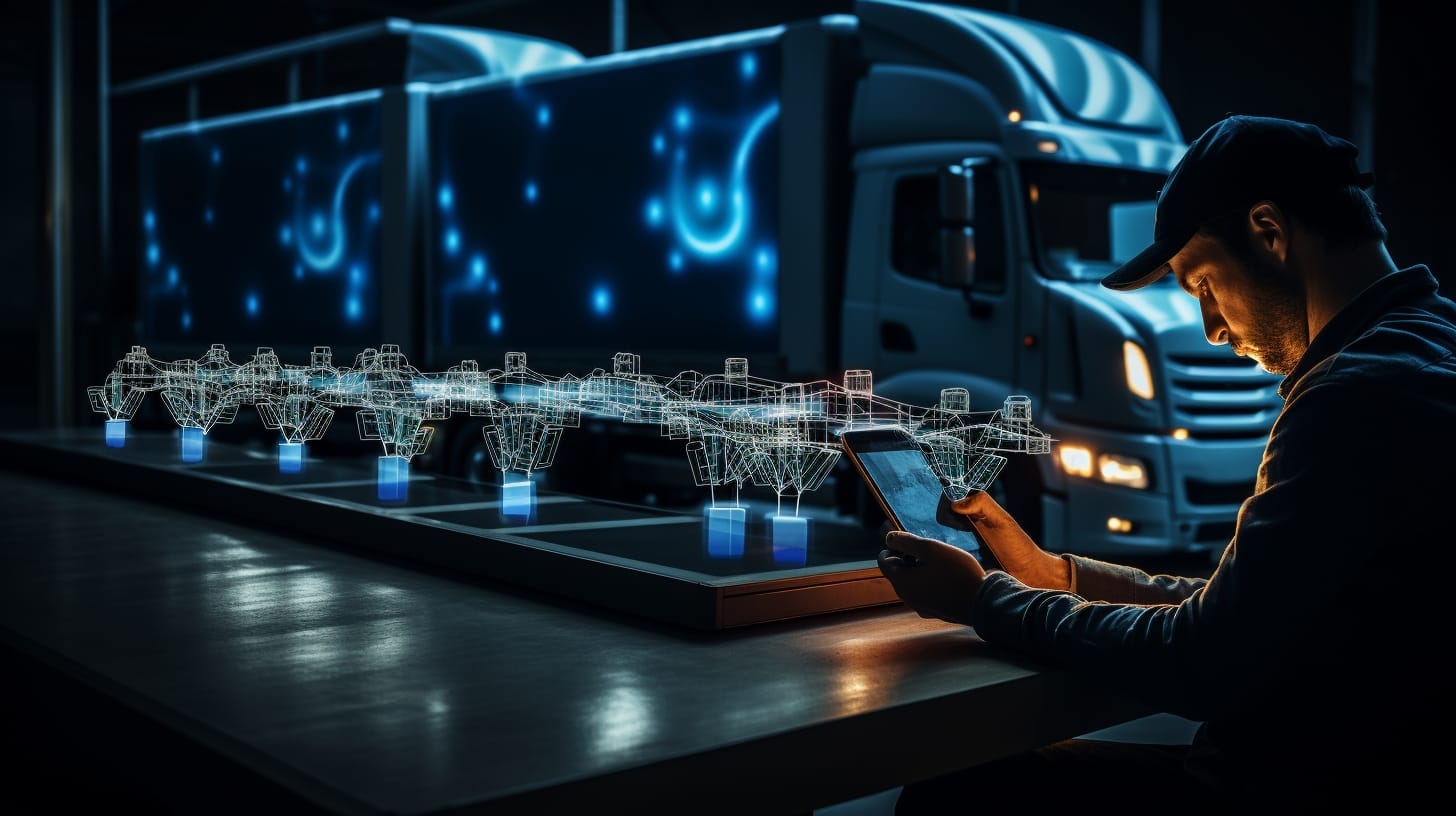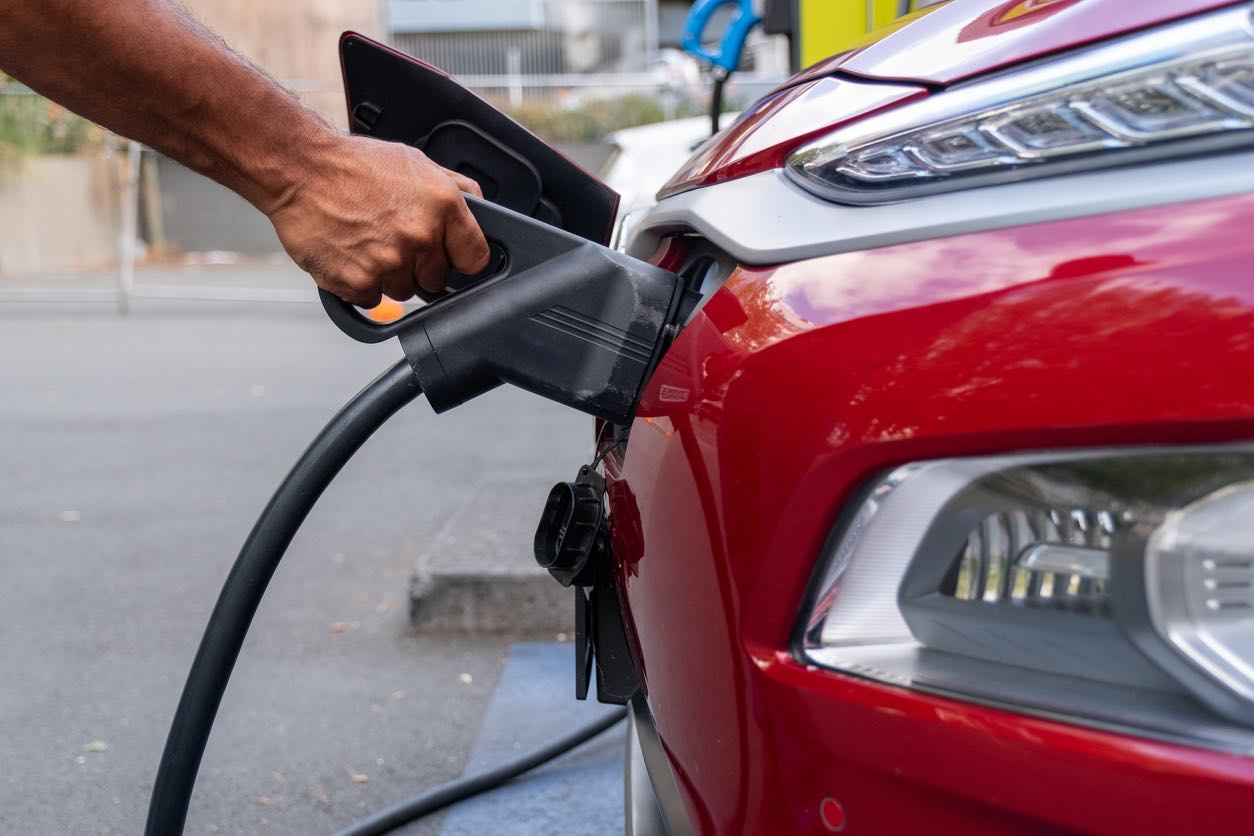People in the business of shipping goods are always looking for ways to improve their supply chain, with an improved supply chain comes an improved business, and more money overall. In order to improve the supply chain, companies are implementing new logistic tracking technologies that are capable of monitoring the location and status of goods in real-time. Thanks to the future of the logistics industry, the supply chain is able to move much more efficiently and quickly. There are a number of new logistic technologies that will help improve supply chains for companies like the tracking system previously mentioned, an increased number of consumer channels, radio frequency verification (RFID), robotized logistics, and a few other areas that will be covered within this article.
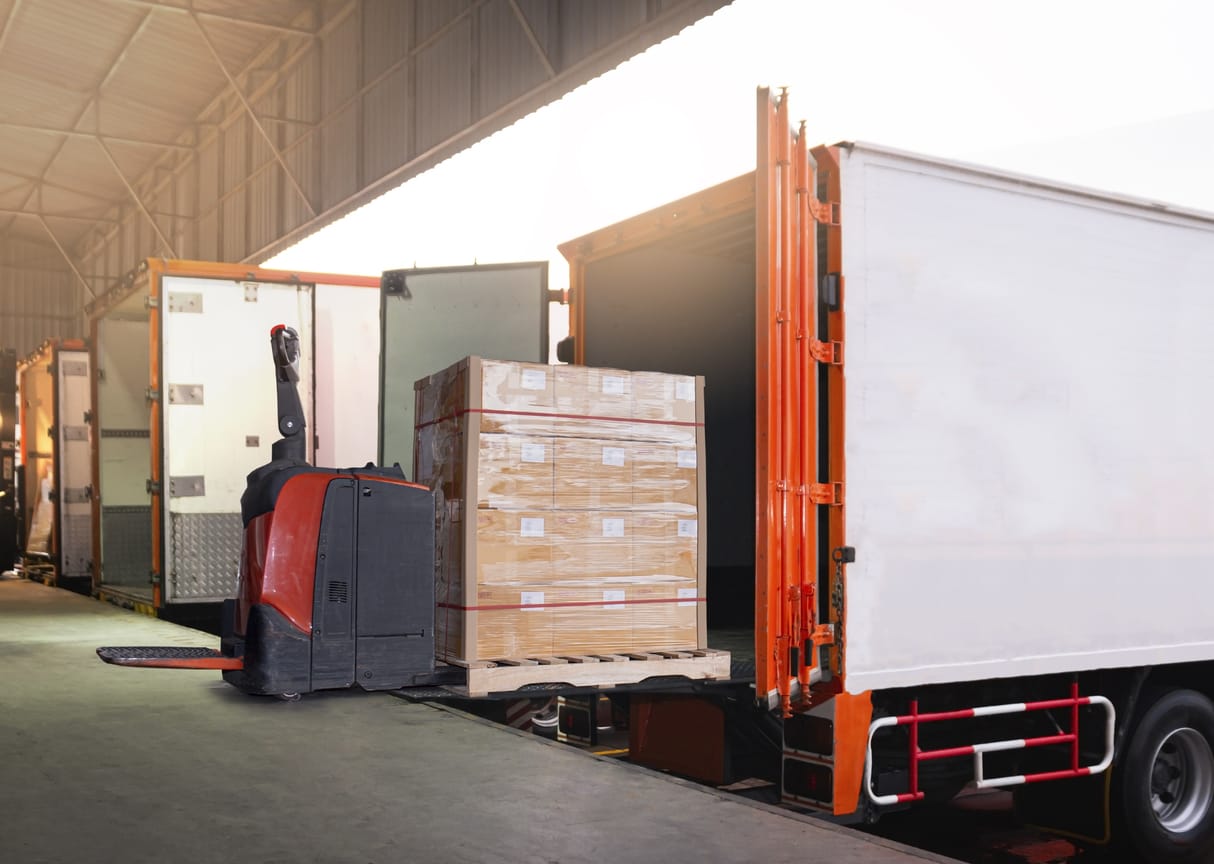
First and foremost, the advancement of tracking of goods known as shipment tracking systems will improve the supply chain. Previously consumers would book shipments and would have no idea when their goods would be shipped and delivered. Nowadays however, digital technology allows consumers to have real-time data about where the goods are within the supply chain, and when the item will be delivered.
Thanks to e-commerce, modern logistics has been transformed, and consumers have more options to choose from to order goods than ever before. Every retailer has an online shopping option that almost guarantees fast and low-cost shipping. This was essentially started by Amazon Prime, since then everyone switched to free two day shipping, and in some cases the items are delivered the next day, talk about an improved supply chain!

Radio Frequency Verification has been used in the logistics industry for years to track inventory. This is used by tagging cargo with sensors that emit radio frequencies. This allows technology in transportation and logistics to track goods by pinging the radio waves that are emitted by the sensor. The Internet of Things (IOT) allows for the connection of digital devices across the Internet. The sensors that are built into WiFi-enabled devices allow for advanced monitoring.
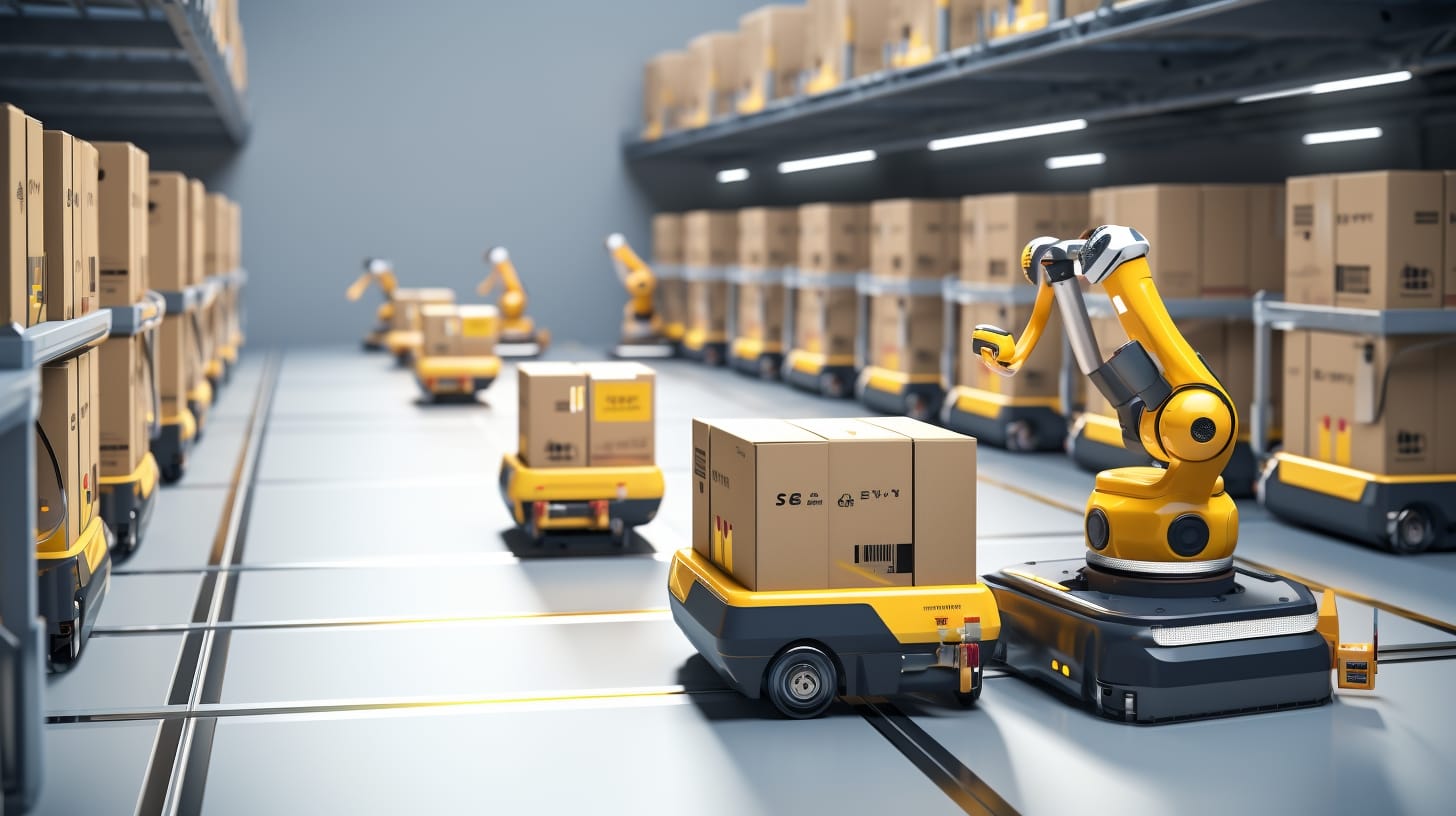
Atomization is the future for many different companies, and the same can be said for the logistics industry. This allows the industry to help human workers with the redundant tasks. This can increase the productivity of the movement within the supply chains. Of course not everyone is excited about the idea of robots taking over human jobs. This is not necessarily the case since within the logistics industry, the robots are merely helping the humans in their work. The automation of the manual labor allows humans to be involved in more analytical thinking and the care of consumers.

There are many applications that the logistics industry use to improve the supply chain. The most common are shipper-driver matching apps to match shippers to cargo based on real-time demand. This allows for the goods to get to the consumers quicker.
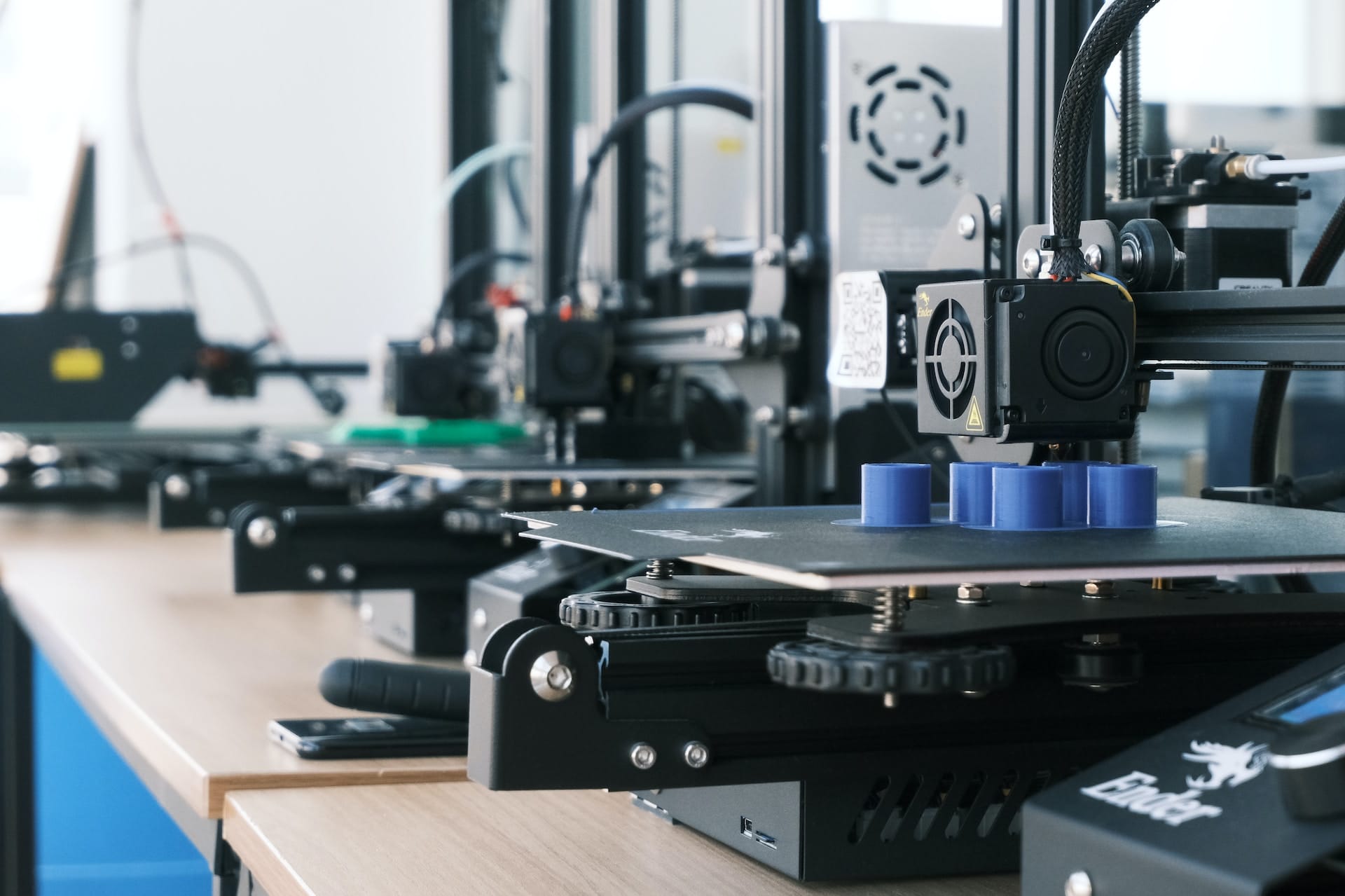
This might not be a factor that many would think to make a major impact on the supply chain. However, 3D printers allow suppliers to print objects like spare parts or packaging materials which will speed up the production and shipping process.

Continuing along with the robotics within the manufacturing side of things, drones and auto pilot trucks are also coming in the very near future. Amazon has recently announced it will be delivering some packages via drone, known as Amazon Prime Air. This of course increase speed, delivery of service, customer satisfaction, and highway safety.
Overall, the future of logistics to improve the efficiency of supply chains is upon us. There are a number of things that have helped improve logistics like improved tracking systems, radio frequency identification, and mobile applications. The best part of it is that the future is even brighter with the improved technology of automation within the manufacturing and delivery industry. If companies fail to catch up with the technologies, by 2026, 80% of companies will suffer significant value loss.
Although not all carriers are equipped with this technology yet, they will be in the years to come. In the meantime, Ship A Car, Inc. provides you with updates via phone or email on the status of your auto and freight transport. Give us a call today to get your vehicles and freight moved throughout the United States.
